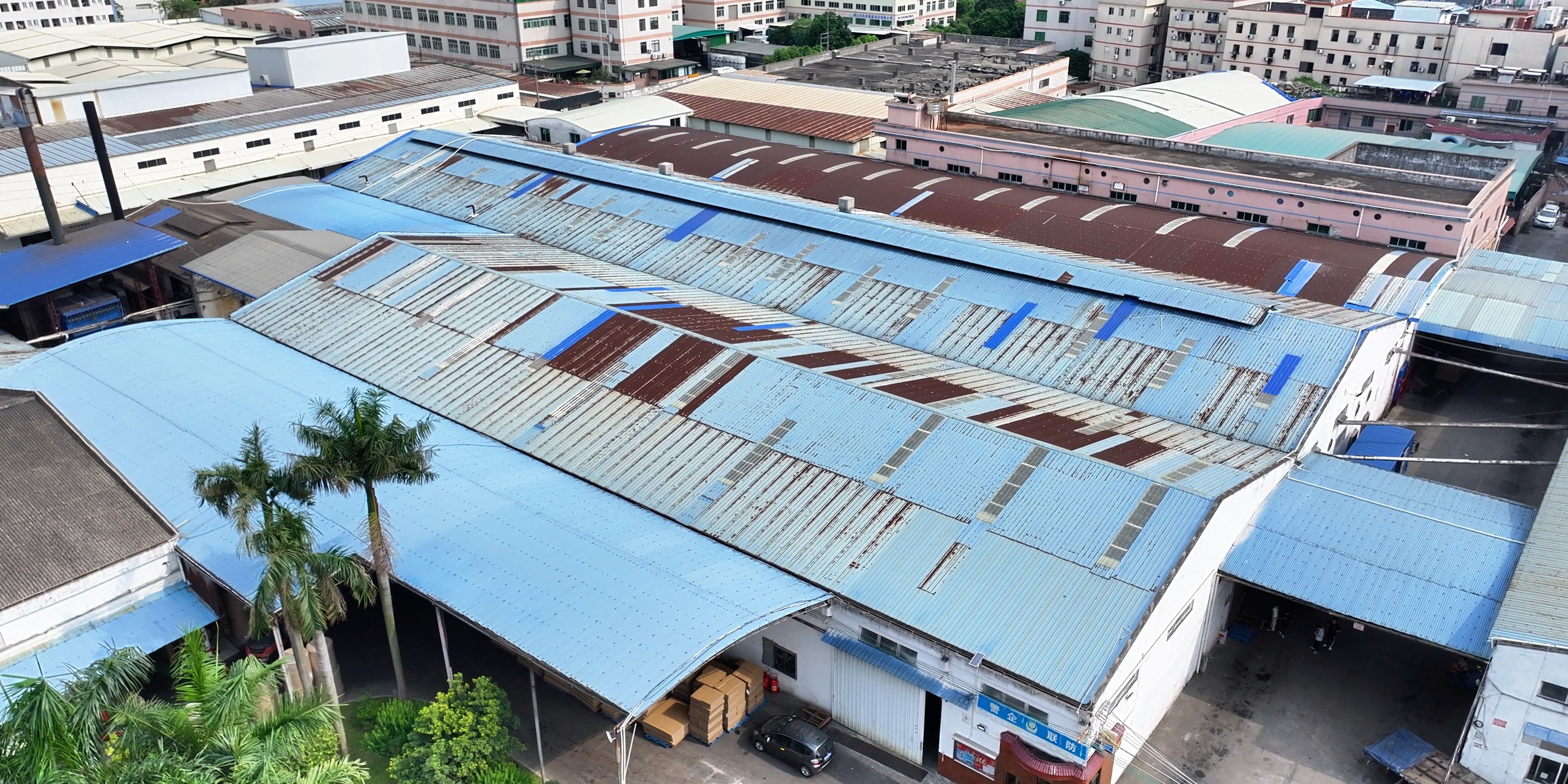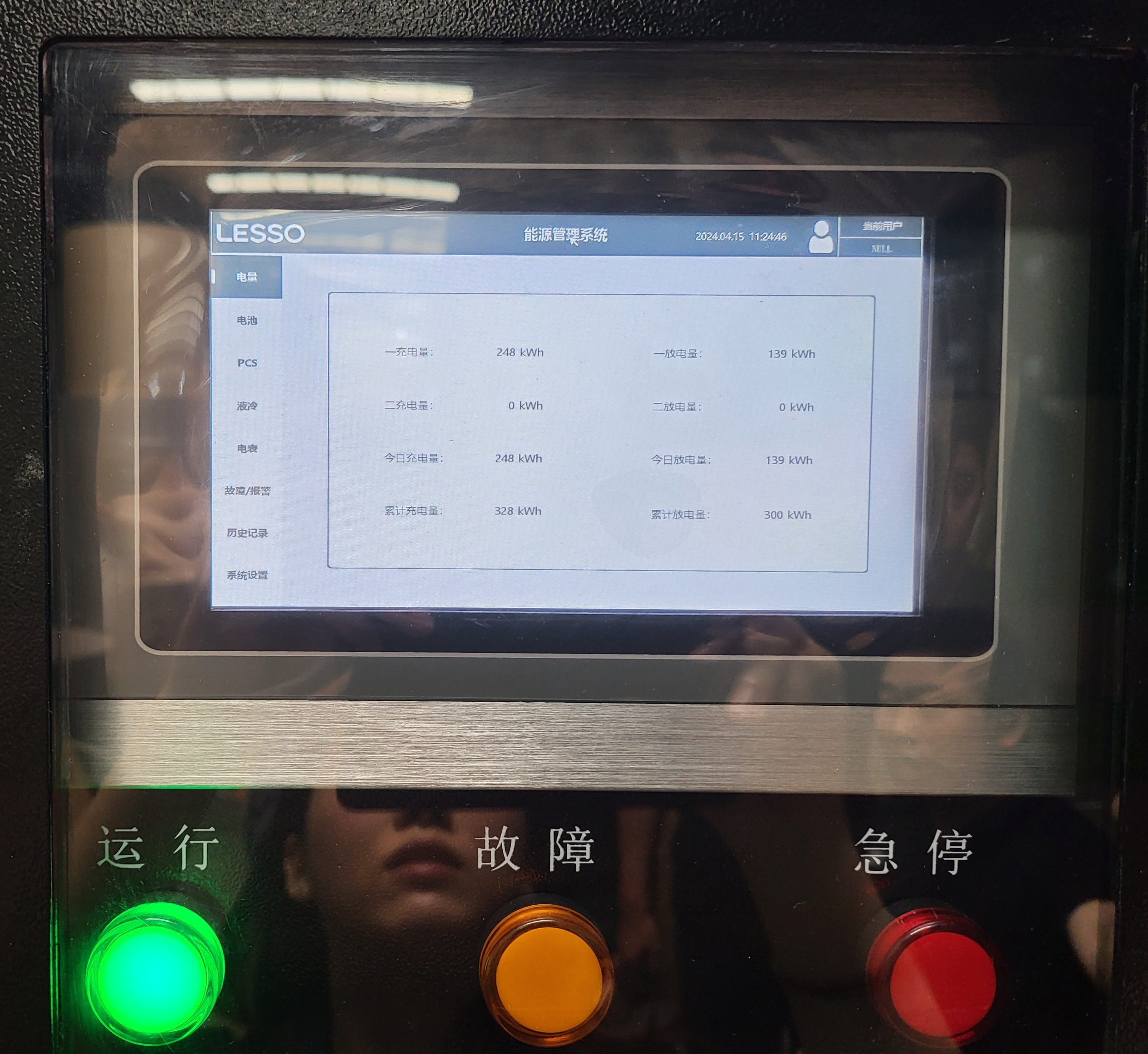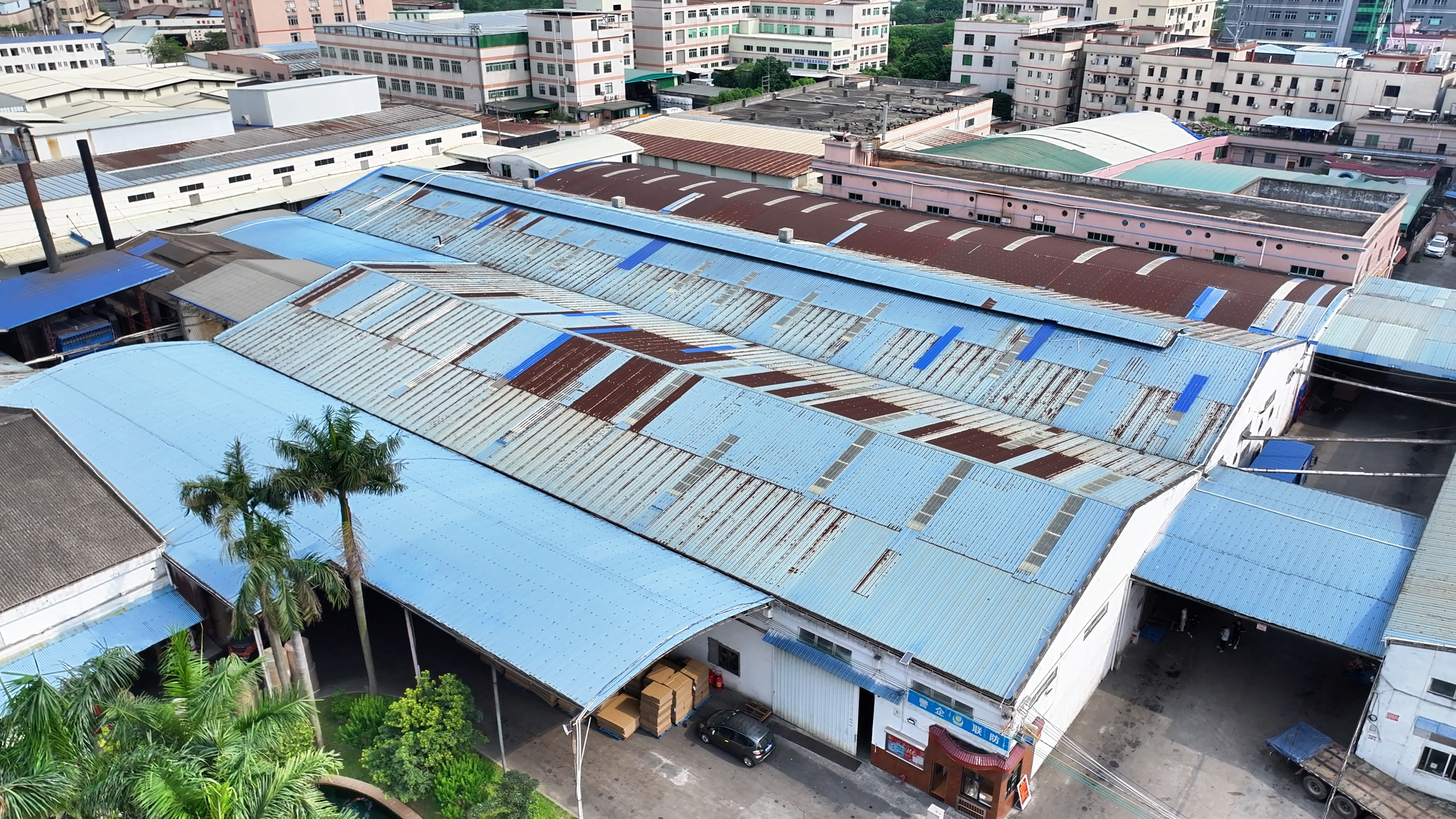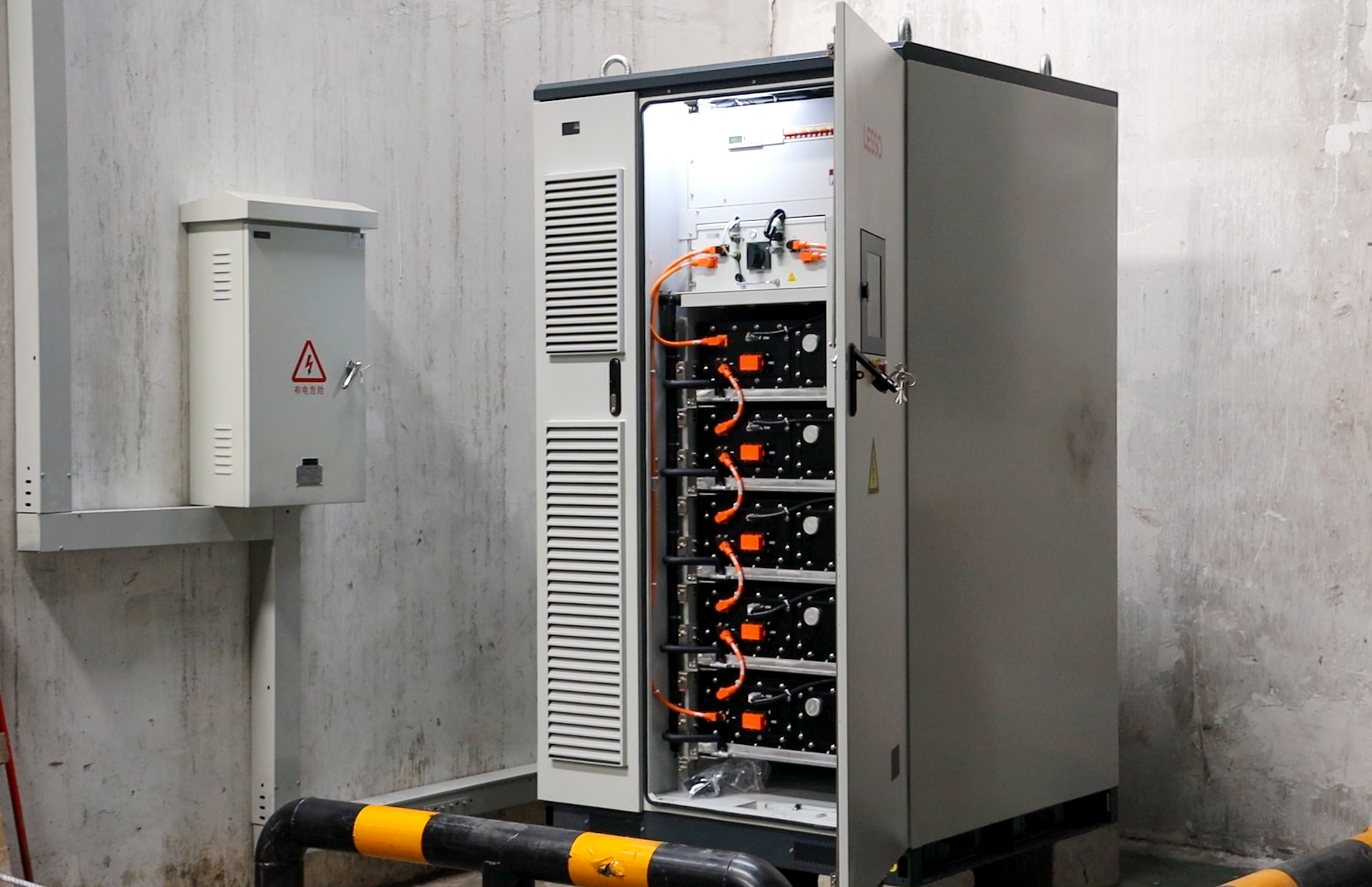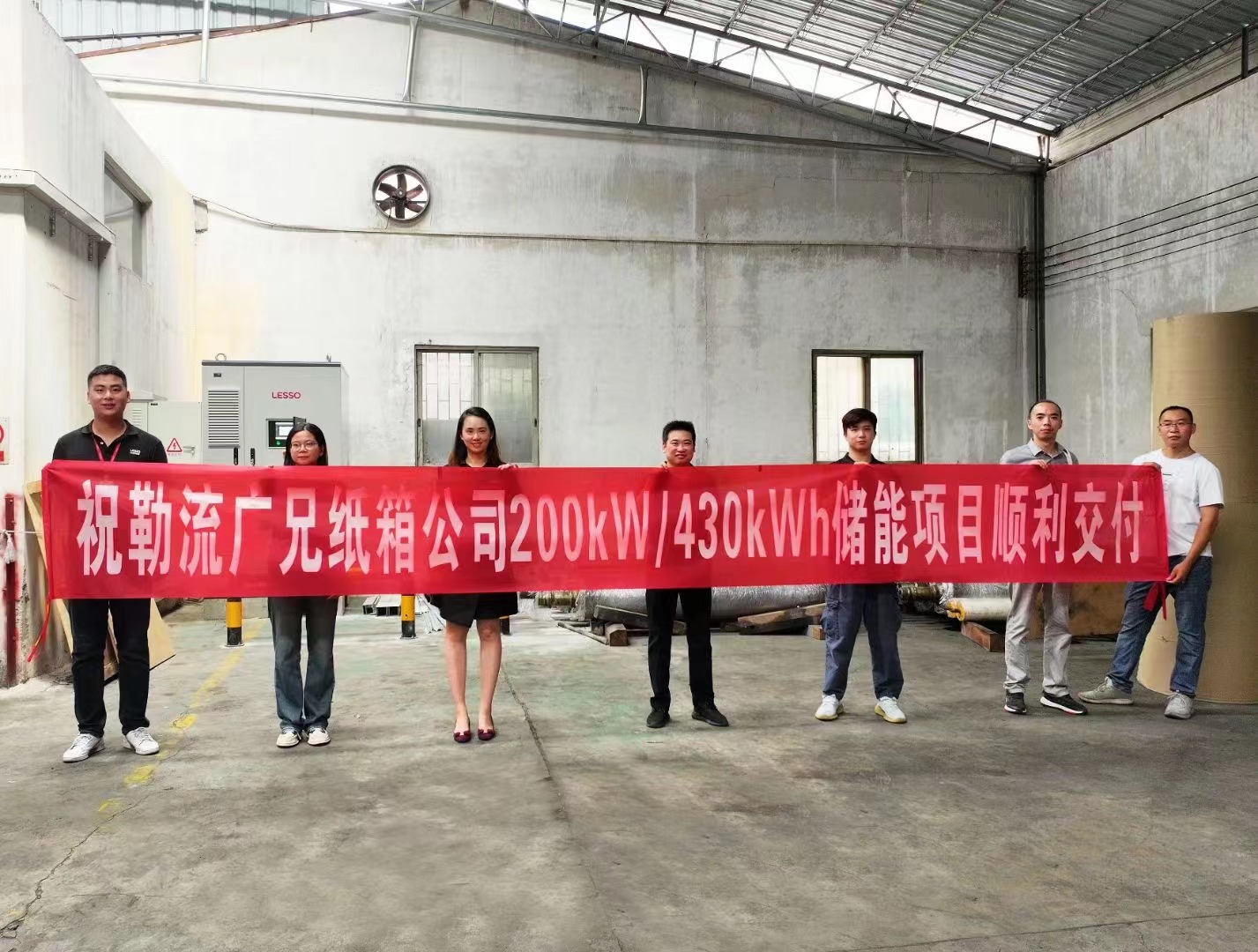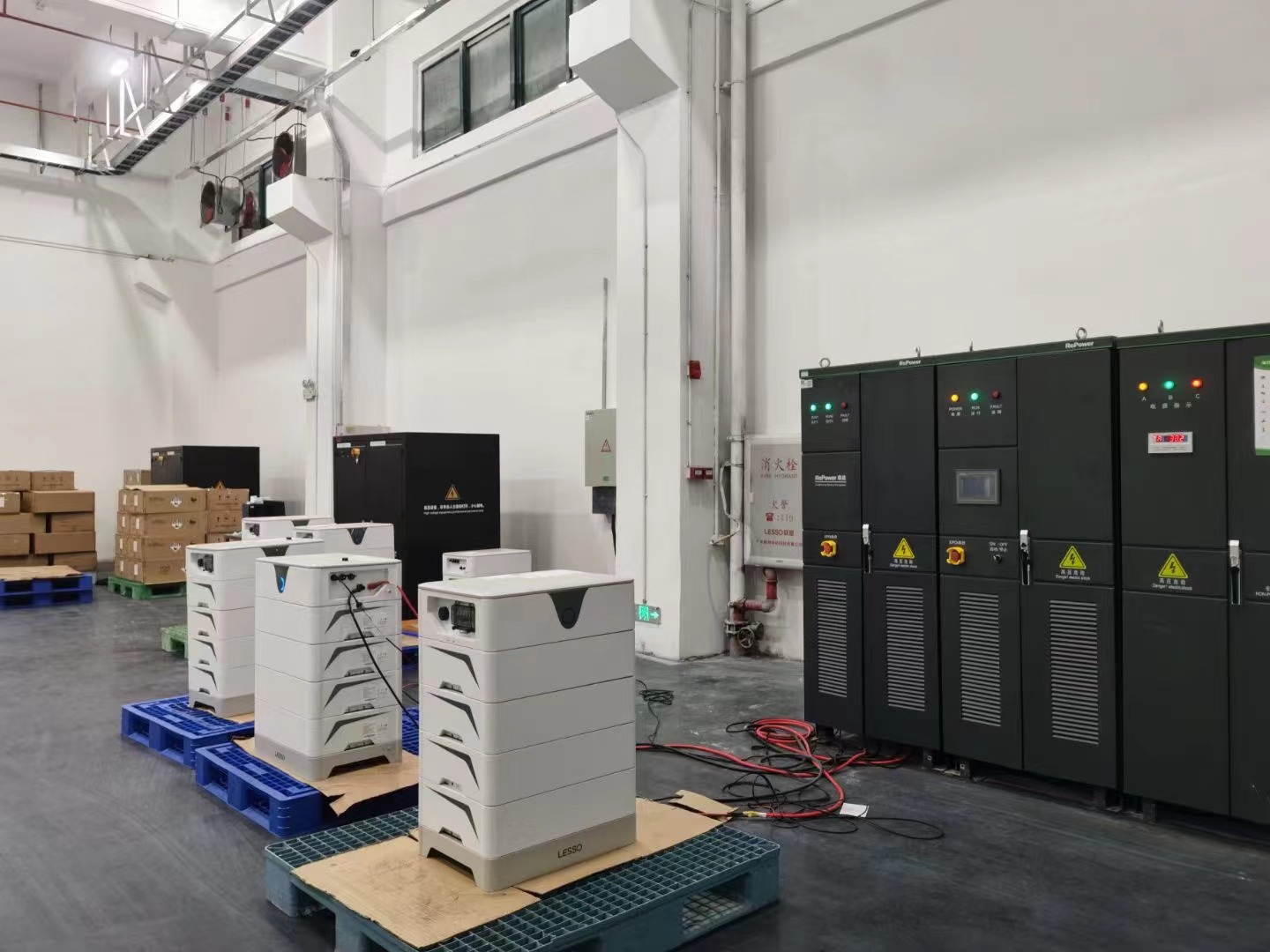What a Battery Energy storage system 215kwh cabinet can do ?
215kwh Battery energy storage is a standard LifePO4 battery module system for back up electricity power from grid , solar, generator etc.
Solar battery energy storage systems are an important component of any renewable energy installation. It can effectively store excess energy generated by solar panels during the day, which can then be used when sunlight is insufficient or at night. The 215kWh cabinet is one such example, a powerful energy storage solution that offers numerous benefits.
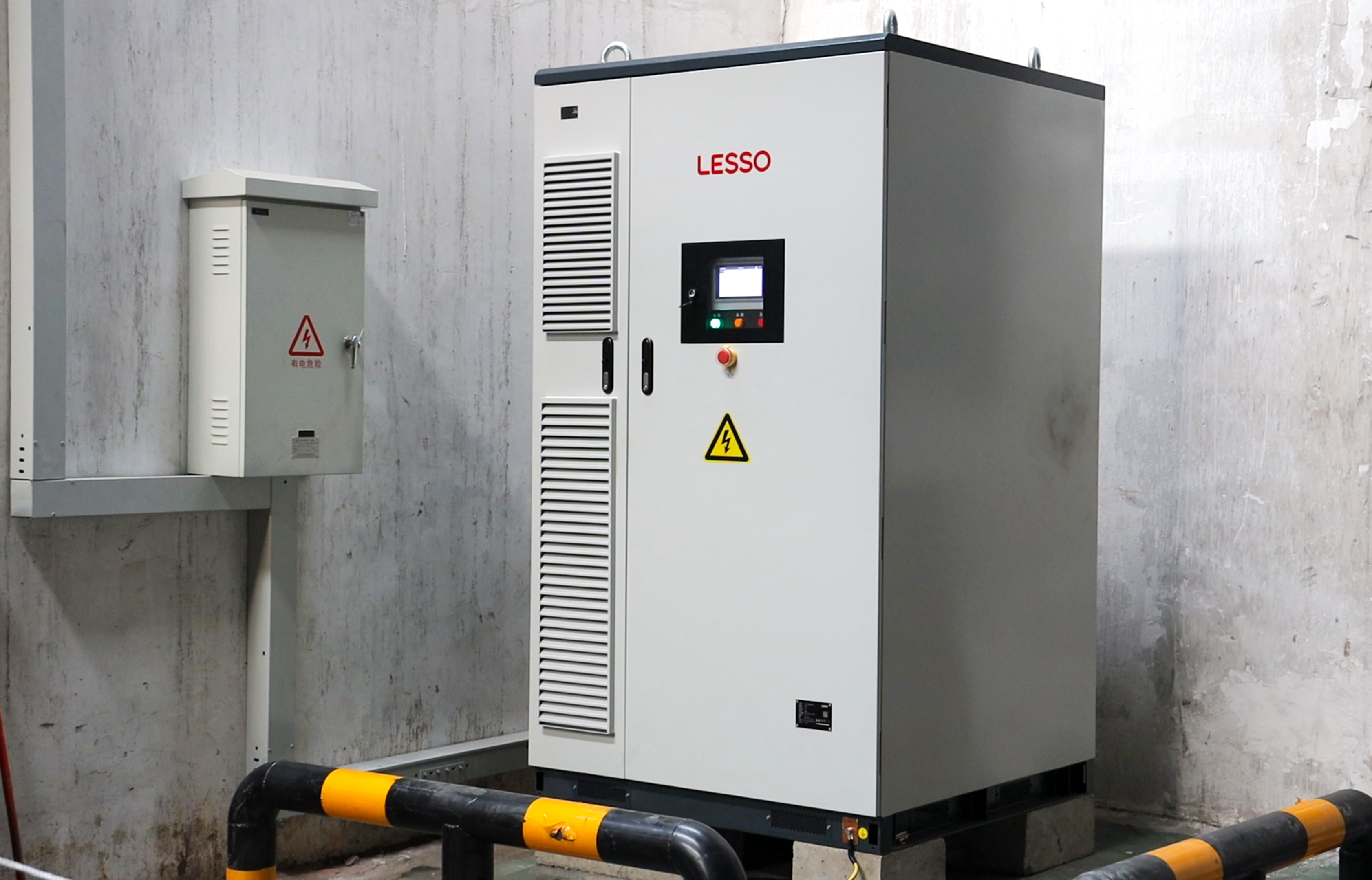
For remote area off grid
The 215kWh cabinet is a powerful high-capacity energy storage system that can store large amounts of energy generated by solar panels. This means it can effectively store residual energy during peak sunlight hours, ensuring it can be used when there is no sunlight. This is particularly important for off-grid or remote areas that require a constant supply of energy.
In addition, the 215kWh cabinet can also be used as a backup power supply in the event of a power outage or emergency. This gives homeowners, businesses and communities peace of mind knowing they have reliable energy even when the grid goes down.
Offering constant power for your building
Additionally, the energy stored within the 215kWh cabinet can be used to power a variety of appliances and equipment, making it a versatile and practical solution to your energy needs. This can include powering lights, heating and cooling systems, and other critical equipment, helping to improve overall energy efficiency and cost savings.
Make fully use of Green power without paying electricity bill
In summary, 215kWh cabinets in battery energy storage systems can play a vital role in maximizing solar energy benefits. It provides a reliable, efficient way to store and utilize solar power, providing a sustainable and cost-effective solution to residential and commercial energy needs. With its capacity and versatility, the 215kWh cabinet is a valuable asset in the transition to a cleaner, more sustainable energy future.
Additionally, the 215kWh cabinet helps reduce overall demand for non-renewable energy, thereby lowering carbon emissions and promoting a more sustainable energy landscape.
Study Case for Foshan BESS project
Battery systems are becoming increasingly important in the modern world, with a growing emphasis on renewable energy and sustainable power sources. A case study for a battery project can provide valuable insights into the implementation and benefits of such systems.
Location: Foshan Paper carton Factory
Eletricity type:380V / 3Phase on grid
PV : without. Plan to install 200kw on roof
PCS :200kw
Battery capacity: 430kwh
Installation type: Ground with concrete base
Combiner box: 2 in 1
Project Details
A factory producing cardboard cartons contacted lesso solar to try and integrate the battery system into its operations, looking to charge at low prices and discharge during peak times in the day to capture revenue through the price gap, with the goal of reducing electricity bills, reliance on the grid during peak hours and providing back-up power in the event of a power outage. The project involves the installation of a lithium-ion battery system with a capacity of 430 kWh.
Operating at two charges and two discharges a day, it can charge and discharge 800 kWh a day, saving the factory $2770 a month in electricity costs, reducing the electricity bill by 30550USD a year, and is expected to pay for itself in three years, while the battery has a life of 15 years, meaning that it will generate an additional $366,000 USD for the factory over the next 12 years.
The results of this case study are impressive. The battery system successfully stored excess energy during the night time trough tariff hours and released it during peak hours, significantly reducing the company's electricity costs. In addition, the system provided uninterrupted power during grid outages, ensuring continuous operation and preventing loss of productivity.
One of the main advantages highlighted in the case study was the ability of the battery system to enhance the company's sustainability efforts. Plans are underway for photovoltaic panels to be laid by the factory owners, and by storing and utilising solar energy more efficiently, the company is able to reduce its carbon footprint and contribute to a cleaner environment. This is in line with the growing global focus on renewable energy and reducing dependence on fossil fuels.
In addition, the case study demonstrates the scalability of the battery system and the potential for future expansion. As the company's energy needs grow, additional battery cells can be seamlessly integrated, providing a flexible and adaptable solution for long-term energy management.
In summary, the battery project case study exemplifies the tangible benefits of implementing a battery system for energy storage and management. It demonstrates how such systems can optimize energy use, reduce costs and contribute to a more sustainable and resilient energy infrastructure. As the demand for renewable energy solutions continues to grow, case studies such as these provide valuable insights for businesses and organizations seeking to realie the potential of battery systems. If you still have further questions or want to learn more , please contact us at once
